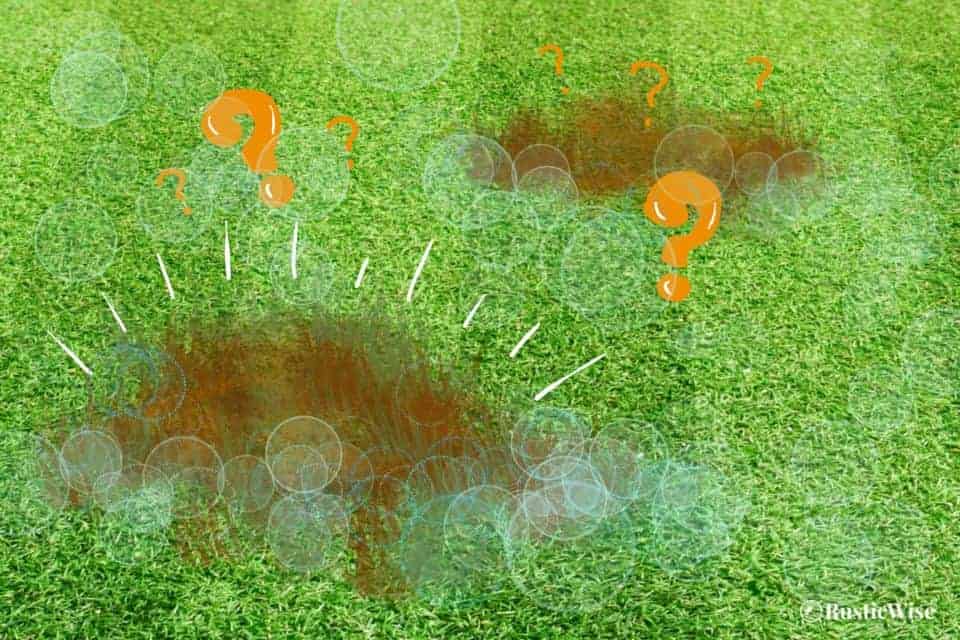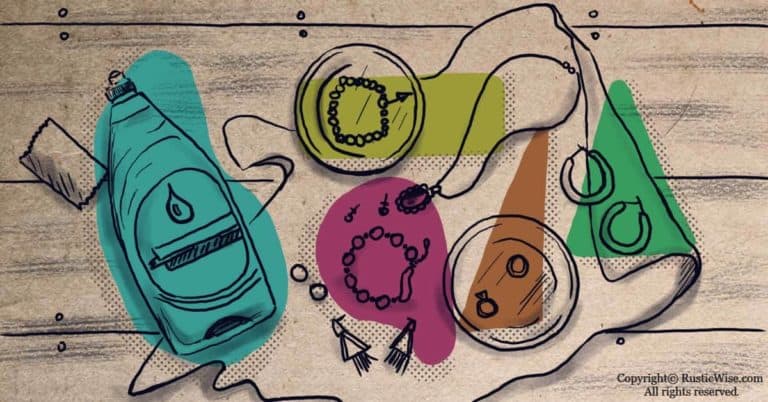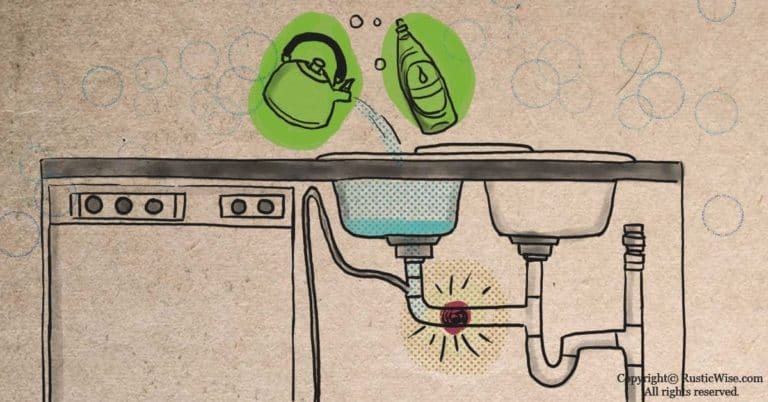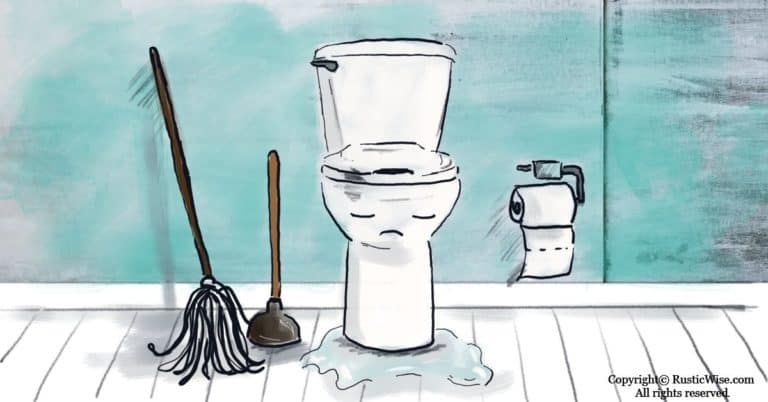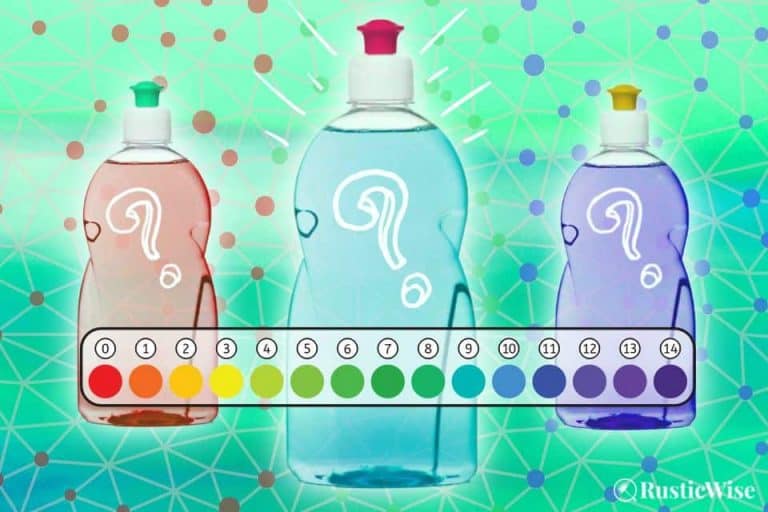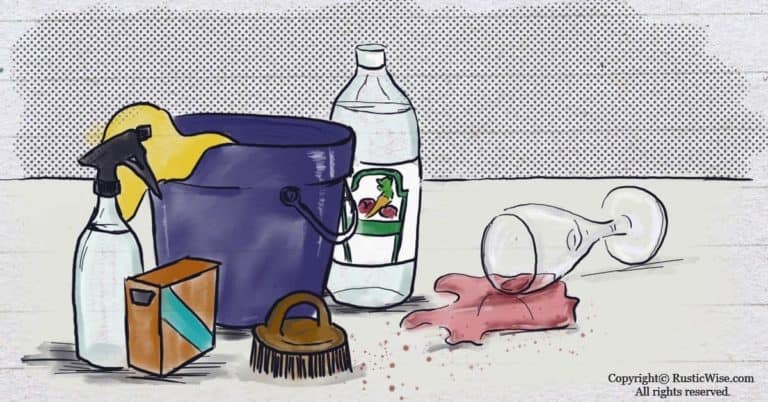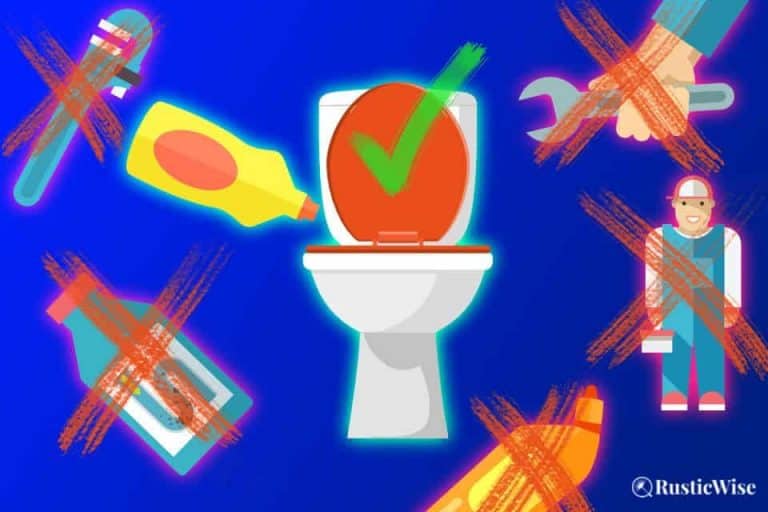Does Soap Kill Grass? Here’s What Everyone Should Know
Dish soap is a versatile household cleaner that also has many uses around the home and garden. It’s often touted as a DIY insecticide or herbicide.
So, if you’re here wondering, does soap kill grass, perhaps you’ve made your own homemade soapy solution and accidentally got some on your lawn. Yes, soap can kill grass if applied in large quantities at a high concentration. Dish soap is actually a detergent which contains chemical surfactants designed to strip oil and grease. These ingredients can harm the cellular tissues in grass, resulting in dry, brown blades.
Whether you’re about to embark on making a homemade solution containing a mild soap, or want to clean up a soapy mess on your lawn (perhaps from a pressure washer), read on for lawn and plant safety tips.
Dish soap is mild, but it’s not harmless
Most homemade weed killers or DIY insecticides call for liquid dish soap such as Dawn or Palmolive. It’s widely believed that if it’s safe enough to use on dishes you eat off of, it must be safe enough for the garden.
Not necessarily.
While it’s true that regular liquid soap is milder than commercial pesticides or weed killers, it’s not exactly harmless.
Commercial soaps are actually detergents. They’re made of synthetic chemical compounds designed to abolish fat, oil, grease, and food particles.
These same ingredients can strip away the protective outer layer of plants, which is typically made of waxy lipids. This protective coating is nature’s way of creating a barrier from harmful bacteria, fungi, and other pathogens.
Once it’s gone, the plant isn’t able to fend off harmful pathogens. It may lose its ability to retain moisture.
The result? A patch of dead grass or wilted leaves.
The takeaway: Dish soap was NOT designed for use on grass, plants, or insects. Use with caution.
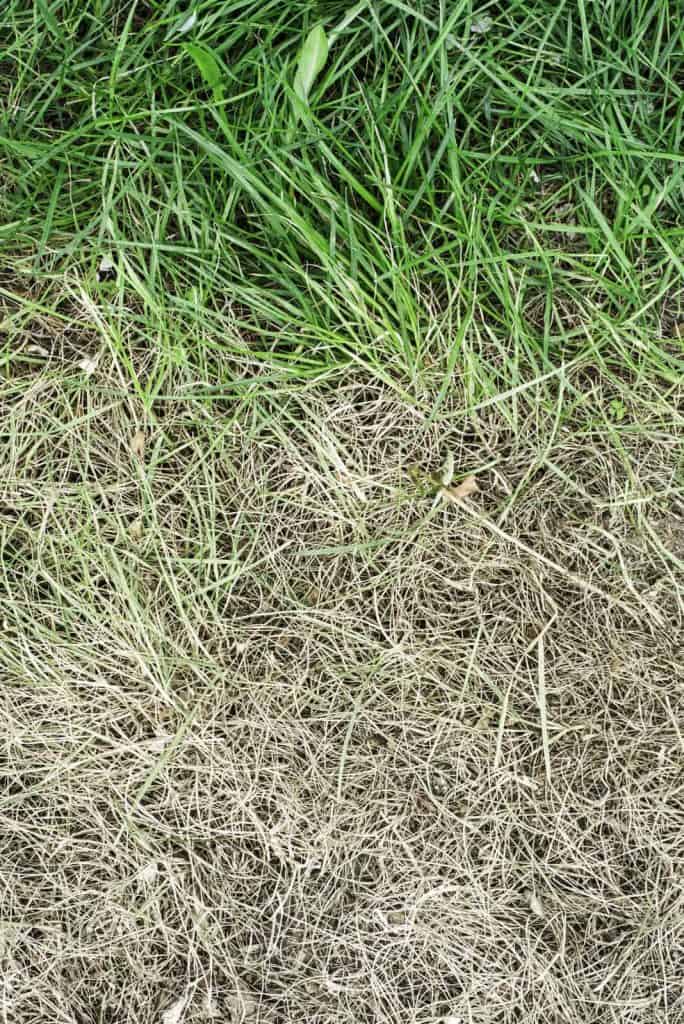
Does soap kill grass? Here’s what everyone should know
Simply put, virtually all soaps have the potential to kill grass and other plants when applied in high concentrations and in high quantities. This includes pressure washer soap, liquid dish detergent, dishwasher soap, laundry detergent, liquid hand soap, and even bar soaps (whether homemade or commercial).
The vast majority of dishwashing or handwashing soaps used today are based on sodium hydroxide (lye) formulations. While no active lye remains in the finished product (thank goodness!), what you have left is sodium.
This sodium (salt) in regular dish soap can cause lasting damage to plant tissues.¹
Besides sodium, most detergents on the market today contain other harsh chemicals that may harm plantlife or insects. Here are a few chemicals in dish soap:
- Artificial dyes
- Synthetic fragrances (which comprise often dozens of unlisted chemicals)
- Synthetic surfactants such as sodium lauryl sulfate (SLS) and sodium laureth sulfate (SLES) which can strip plants and grass of natural oils causing them to dry out
- Methylisothiazolinone (which may cause acute aquatic toxicity)²
- 1,4-dioxane (contaminates groundwater and may have carcinogenic properties)²
The takeaway: The thing to keep in mind is that dish soap treatments are non-selective. They may hurt the targeted plant/weed along with other beneficial plants and insects.
How to clean up spilled soap on your lawn
Spill some dish soap or pressure wash soap on your lawn? Don’t panic. Here’s how to clean up a soapy mess.
If you spill soap onto your lawn, simply rinse off with clean water.
As mentioned earlier, soap applied in pure concentration may harm grass and other plants. The best way to mitigate a soap spill is to dilute it with water.
Break out your garden hose. Rinse well. Repeat as needed until you no longer see suds on the turf.
Does soap kill insects?
Yes, a soapy water mixture does indeed kill many kinds of insects. Soap is most effective at killing soft-bodied insects.³
Soft-bodied insects include:
- Aphids
- Mites
- Thrips
- Whiteflies
Sometimes a liquid soap and water mixture works against some larger insects such as boxelder bugs.
Sadly, hard-bodied or larger insects are NOT good candidates for a DIY soap solution. This includes:
- Caterpillars
- Beetles (including pesky Japanese beetles)
Why does soap kill insects, exactly?
It’s widely believed that the ingredients used in liquid soaps strip away an insect’s protective barrier, or waxy coating on its body. This causes it to dry out and perish.
How to make your own DIY soapy insecticide
It’s important to get the concentration right when making your own homemade soapy insecticide.
Guideline: Create a 2 percent soap and water solution. Use 2 teaspoons of dish soap to 1 pint (2.4 cups) of water.³
Soap spray usage tips:
- Avoid using too much soap: While it’s tempting to bump up the soap concentration, too much soap can burn plants.
- Avoid using on plants that are stressed: Plants that are already under water or heat stress may not take well to a soapy water spray.
- Aim carefully: This insecticide kills garden pests only if their bodies are coated with the solution.
- Don’t spray on hot sunny days: Avoid spraying when temperatures soar to above 90 degrees Fahrenheit (32 degrees Celsius), or if there’s very high humidity.³
Tip: Use a soapy spray carefully and only as a spot treatment where needed.
What’s the difference between using insecticidal soap and dish soap?
If your garden has an insect infestation, you’re probably looking for a safer alternative to use other than traditional pesticides that are chock-full of harmful chemicals.
Luckily, there are less toxic solutions, namely insecticidal soap, that won’t harm the health of other plants and crops, nor that of your family.
The main difference between using insecticidal soap and dish soap in your garden is that the former is specifically formulated for safe use in your garden, while the latter is not. Most insecticidal soaps containpotassium hydroxide (KOH) which is safer around plants, while liquid dishwashing soap uses sodium hydroxide (NaOH).
Unlike sodium hydroxide, which dries out grass and plants, potassium hydroxide doesn’t damage plant tissues.
More specifically, commercial insecticidal soaps that are EPA-approved have safe concentrations of soap, usually around 1 to 2 percent of volume.¹
The takeaway: Commercial insecticidal soaps are safe alternatives to regular household soaping. They come in liquid form, or RTU (ready to use). Many on the market today are less toxic than their predecessors. They use less harmful substances that help control pests while being less damaging to the environment.
Other “natural ingredients” that can kill your grass
The internet is abound with homemade recipes that are touted as natural weed killers. The problem is, if applied liberally, these so-called natural ingredients can also kill your lush lawn.
Most DIY garden solutions call for a mixture of dish soap solution, vinegar, and salt, such as Epsom salts. We’ve already covered how dishwashing soap can hurt your lawn. Let’s look at the other ingredients:
- Salts: Salt works by drying out plants. It affects every part of the plant it comes into contact with. Salt builds up in the soil and may damage surrounding plants. Because most homemade recipes require repeated applications to be effective, the salt will accumulate. Epsom salts in particular are recommended as they contain magnesium rather than sodium. But too much magnesium can hamper phosphorous uptake.²
- Vinegar: A common household acid, vinegar can burn any plant or weed when in contact (non-selective). It sadly does not reach down to the roots, meaning the weed may grow back. Most bottles of distilled white vinegar contain roughly 5 percent acetic acid. While a splash of vinegar can certainly damage foliage or grass, it needs at least 10 percent acetic acid to be effective. Most horticultural-grade vinegars contain around 20 percent acetic acid. Use with caution.²
Final thoughts
To answer the question, does soap kill grass, simply put, yes, it can. Many types of soap can kill grass, foliage, crops, and even some insects. The sodium hydroxide lye present in dish soap, along with other synthetic compounds work to strip grass’s protective coating. The result is dead, dry grass.
When using any type of dish soap for a homemade herbicide or insecticide, use with caution. Dish soap is non-selective and may hurt surrounding plants and beneficial insects.
Related questions
Does soap kill grubs?
When grubs invade your garden, you usually have to buy a powerful insecticide to get rid of them. But, if you mix dish soap with the right amount of water, you can create an insecticide that not only gets rid of the grubs, but also kills the insects and their eggs! The soap acts to suffocate grubs. Just be careful to do a spot treatment where needed as dish soap may have adverse effects on surrounding plants.
Why does dish soap kill moss?
When you apply liquid dishwashing soap and water to moss with a spray bottle, it coats the moss and prevents it from absorbing water. Within a day or two, the patch of moss will turn orange or brown and quickly dry up. You can then dig up the moss. This treatment won’t prevent moss from possibly growing back in another area, however.
👉 If you like this post, see our complete Indoor Growing Collection.
Would you like more timeless tips via email?
Fun tips to help you live an independent, self-sustaining lifestyle. Opt-out at any time.

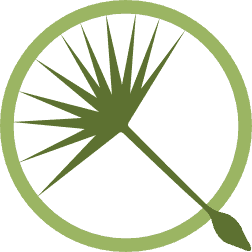
References
- University of Florida Extension (Gardening Solutions), Soaps, Detergents, and Pest Management, https://gardeningsolutions.ifas.ufl.edu/care/pests-and-diseases/pests/management/soaps-detergents-and-pest-management.html. Accessed September 2022.
- University of Connecticut, Dawn dish soap, Natural Pesticide Issues, https://news.extension.uconn.edu/tag/dawn-dish-soap/#. Accessed September 2022.
- University of Minnesota Extension, Coming clean on soap in the garden, https://extension.umn.edu/yard-and-garden-news/coming-clean-soap-garden. Accessed September 2022.

Author: Josh Tesolin
Josh is co-founder of RusticWise. When he’s not tinkering in the garden, or fixing something around the house, you can find him working on a vast array of random side projects.

